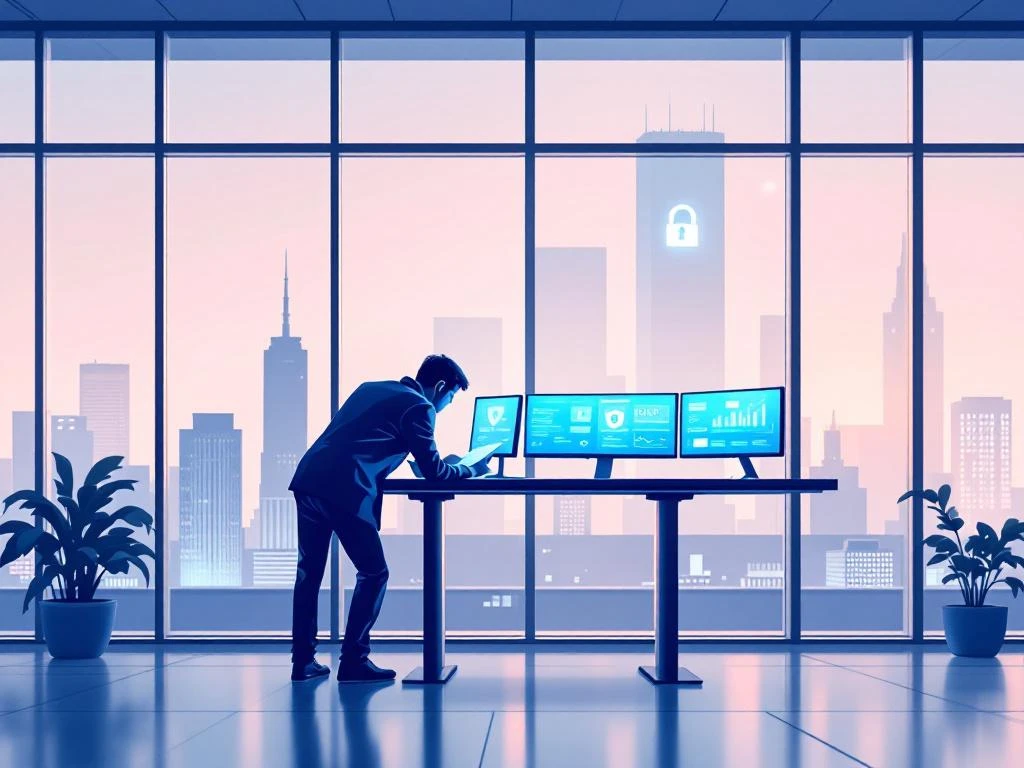

-
UK: +44 203 8876 770
US: 315 508 6500 - cybersecurity@thisisiceberg.com
-
8 Devonshire Square, London, EC2M 4YJ

When deciding whether to hire eDiscovery professionals with legal or technical backgrounds, the ideal choice depends on your organization’s specific needs and existing team composition. Legal-background professionals excel in case strategy, compliance, and legal procedure interpretation, while technical professionals bring strengths in data processing, forensics, and systems integration. For most organizations, a balanced team with both skill sets delivers the most comprehensive eDiscovery capabilities. Consider your primary challenges – if they’re predominantly legal complexity, prioritize legal backgrounds; if they’re technical implementation issues, prioritize technical backgrounds.
The eDiscovery field sits at the intersection of law and technology, creating a natural tension when building effective teams. Historically, eDiscovery emerged from the legal world but has rapidly evolved into a technically sophisticated discipline requiring specialized knowledge across multiple domains.
This evolution has created two distinct career pathways into eDiscovery: the legal route (typically through law firms or corporate legal departments) and the technical route (often through IT, data management, or computer forensics). Both pathways develop valuable but fundamentally different perspectives on eDiscovery challenges.
The dilemma many organizations face isn’t simply which background is “better,” but rather how to build a team that balances these complementary skill sets. Understanding these different perspectives is essential to making informed hiring decisions that align with your specific eDiscovery needs and organizational goals.
eDiscovery professionals with legal backgrounds typically bring deep understanding of litigation processes, regulatory requirements, and legal strategy. Their training enables them to anticipate how discovered information might impact case outcomes.
These professionals excel at:
Legally-trained eDiscovery professionals can quickly identify potential legal pitfalls in the discovery process, helping to avoid costly mistakes and sanctions. They understand how judges typically rule on discovery disputes and can help shape eDiscovery strategy accordingly.
Their strongest contribution often comes in the early and later stages of the EDRM (Electronic Discovery Reference Model), particularly in information governance, identification, review, analysis, and production. They excel at translating legal requirements into practical workflows that satisfy both legal obligations and business constraints.
eDiscovery professionals with technical backgrounds bring practical expertise in data management, forensic collection, and processing methodologies. They understand the underlying systems where data resides and how to extract it properly.
These professionals typically excel at:
Technical eDiscovery professionals can navigate complex IT environments, understanding how data is stored, encrypted, and potentially deleted across various platforms. They’re invaluable when dealing with challenging data sources like cloud applications, mobile devices, or proprietary systems.
Their contributions are most evident in the technical aspects of the EDRM, particularly in preservation, collection, processing, and review platform management. They can implement solutions that dramatically reduce both time and cost through efficiency and automation.
Your organization’s specific context should heavily influence your hiring decisions for eDiscovery professionals. Consider your existing team composition first – if you already have strong legal expertise but lack technical implementation capabilities, prioritizing technical backgrounds would create better balance.
Industry-specific considerations also matter significantly:
The volume and complexity of your eDiscovery matters should also guide your decision. For organizations handling large-scale, complex matters, specialists in both areas are often necessary. For those with more routine needs, professionals with broader skill sets might be more appropriate.
Finally, consider whether your eDiscovery function primarily serves a legal/compliance purpose or whether it’s integrated with broader information governance initiatives. The latter might benefit more from technical backgrounds who can align eDiscovery with other data management practices. You can learn more about hiring technical specialists for your specific industry requirements.
A hybrid approach that combines professionals with both legal and technical backgrounds typically delivers the most robust eDiscovery capabilities. This complementary staffing model creates natural checks and balances that improve both legal defensibility and technical efficiency.
The benefits of this approach include:
To implement this successfully, focus on building collaborative processes that leverage each team member’s strengths. Create workflows where legal and technical professionals collaborate at key decision points rather than working in isolation.
Encourage cross-training to develop professionals who can bridge both worlds. Legal professionals can develop technical understanding through formal training and mentoring, while technical professionals can gain legal knowledge through similar means.
In smaller organizations where multiple specialists aren’t feasible, look for individuals with hybrid backgrounds who have developed both legal understanding and technical capabilities through their career progression. These professionals are increasingly common as the eDiscovery field matures.
When making your final hiring decisions for eDiscovery professionals, prioritize candidates whose backgrounds align with your most pressing challenges and strategic objectives.
Evaluate the following factors:
Beyond background, assess candidates’ adaptability and willingness to learn across disciplines. The most valuable eDiscovery professionals are those who continuously expand their knowledge beyond their original training.
Consider certifications and practical experience over formal education alone. Look for demonstrated problem-solving in situations similar to what your organization faces.
At Iceberg, we understand the nuanced staffing needs of eDiscovery teams. Our specialized recruitment approach helps organizations identify professionals with the ideal balance of legal and technical backgrounds for their specific requirements. With our global network of eDiscovery professionals, we can help you find candidates who bridge both worlds effectively.
If you are interested in learning more, reach out to our team of experts today.













